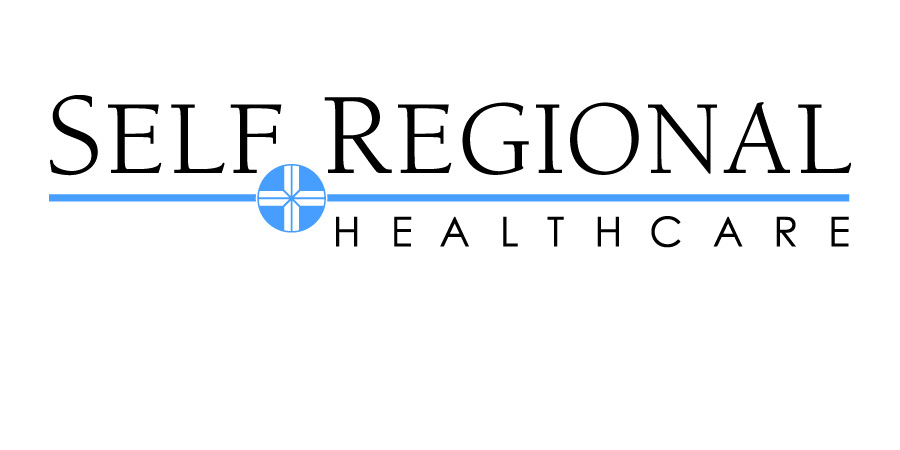Information
-
Audit Title
-
Document No.
-
Client / Site
-
Conducted on
-
Prepared by
-
Location
-
Personnel
ACT 1.11
-
1. The recipient caseload is 10:1 or less.
-
2. Composition of staffing conforms to ACT Guidelines.
-
3. At least 60% of the clinical staff is professional staff.
-
4. At least 60% of the clinical staff is employed on a full time basis.
-
5. 80% of the recipients receive contacts from 3 or more different team members per month.
ACT 1.12
-
The program team meets a minimum of 4x weekly and reviews each recipient at each meeting.
ACT 1.13
-
Staff have completed the OMH approved CORE Training for ACT. Staff receive training in clinical skills and specialty practices as required to provide recovery-based clinical, rehabilitative, and culturally competent services to recipients. On-going clinical supervision is provided.
Services ACT 2.11 ACT 2.12
ACT 2.11
-
1. The program staff directly provides the required ACT services (assertive engagement and outreach, psychiatric, integrated dual disorder substance abuse treatment, supported employment/education services, community reintegration and rehabilitative services, housing procurement and support, family psycho-education and support, and wellness self-management).
-
2. At least 80% of contacts take place in the community.
-
3. Team directly provides 24-hour coverage for crisis services.
-
4. Team has direct involvement in at least 70% of hospital admissions and discharges.
-
5. The psychiatrist and/or PNP make community visits as per the OMH Program Guidelines.
ACT 2.12
-
Service Frequency: A minimum of 6 face-to-face contacts monthly per recipient is required, one of which may be a collateral contact. Additional contacts are provided as clinically indicated, including evenings and weekends.
Recipients Rights ACT 3.11 ACT 3.12
ACT 3.11
-
Consents for Release of Information. The programs policy and practice conforms to OMH requirements regarding consents for the release of information.
ACT 3.12
-
1. Recipients are informed of their rights and their rights are respected.
-
2. The program incorporates recipient input into program practices and provides full, immediate access to their charts. Recipients shall be able to object to their treatment, or complain or discuss issues related to program policies and procedures, program staff or services without fear of retribution (Grievance procedure).
-
3. Recipients have a right to culturally sensitive and competent treatment and services.
Case Records ACT 4.11 4.14
ACT 4.11
-
1. An immediate needs assessment is completed within 7 days of the receipt of a referral. Documentation of services planned and delivered to meet immediate needs is present.
-
2. The Comprehensive Assessments are: strengths-based, reflect recipient needs and preferences, reflect all the areas identified in the OMH ACT Program Guidelines, include recommendations for treatment and rehabilitative services and supports, are completed within 30 days of admission, and are updated every six (6) months, or as needed.
-
3. The Comprehensive Assessment is approved and signed by the Team Leader or designated Clinical Supervisor.
ACT 4.12
-
1. Service Plans are completed within 30 days of admission; plans contain goals and measurable objectives that are based on the comprehensive assessment and are person-centered.
-
2. The program demonstrates that recipient choice and participation is an integral part of all treatment planning and service delivery decisions; service plans and reviews must demonstrate a shared decision-making process involving the team, the recipient, and/or family support network.
-
3. The plans include a crisis/relapse prevention plan developed with the recipient.
-
4. The plans are reviewed and updated at least every six months based on changes in recipient needs and preferences and progress toward attainment of goals and/or objectives. The plans and reviews are approved and signed by the physician and team leader or designated clinical supervisor.
ACT 4.13
-
1. Progress Notes document all service contacts and attempted contacts, services delivered, duration significant events and any progress or lack of progress towards the achievement of goals and objectives noted in the service plan.
-
2. The psychiatrist and/or PNP documents information, including the provision of medication education, on each recipient on at least a monthly basis, the psychiatrist/PNP documents contacts made on the recipients behalf during hospitalization.
ACT 4.14
-
1. The program has a discharge planning process in place; the process is individualized and based on the recipients needs, preferences, readiness and goals. Documentation is present that identifies the on-going efforts to engage the recipient in planning and the progress toward recovery and goal attainment.
-
2. The Agency has a discharge procedure in place which includes: discharge criteria, a 90 day follow up period, discharge summary requirements, a description of the discharge process, and a procedure for transmission of discharge summaries to the receiving program. Charts document that the procedure is fully followed.
-
3. The agency has a systematic Utilization Review plan in place. The Agency adheres to the plan. The individual conducting the UR is appropriately credentialed and trained and does not provide direct care to the ACT recipients under review. In addition, the agency participates in the development of any state or LGU utilization management process.
Organizational Practices and Program Operations Indicators ACT 5.11 ACT 5.16
ACT 5.11
-
The Agency Governing Body provides broad oversight to the program including terms and conditions of the operating certificate. Minutes confirm the GB meets at least 4 times a year and that it is aware of any serious issues raised by external review agencies, recipients or families. Documentation confirms the GB response to serious issues. The Agency Quality Assurance Program adequately conducts a regular, systematic review of the program operations, CAIRS program data, and program outcomes and oversees quality improvement initiatives. The QA Program ensures that quality improvement plans have been developed to ensure optimal recipient outcomes.
ACT 5.12
-
The Agency fully complies with Part 524 for incident reporting and review. All reportable incidents to external agencies have been made. The IRC meets composition requirements and reviews, makes determinations and recommendations as needed to the Executive Director. The program regularly trends incidents for patterns and makes recommendations based upon the results.
ACT 5.13
-
The Agency has a written Safety Plan and procedure specific to ACT, including a written procedure in place for tracking ACT staff in the field. There is documentation that the staff has been trained in community safety procedures and routinely follows these procedures.
ACT 5.14
-
The Agency has a written, comprehensive Cultural Competence Plan specific to ACT, based on the approved OMH outline. The plan is revised as necessary. The program has established working relationships with self-help and community groups and provides written materials and access on self-help, community and cultural resources to all recipients.
ACT 5.15
-
The Agency ensures that the ACT program enters recipient data into CAIRS on the BASF and completes the FU CAIRS from every 6 months as required by NYSOMH.
Program Site ACT 6.11 ACT 6.12
ACT 6.11
-
The premises are free from potential hazards and well maintained. Exits are marked and free of any obstructions. Written evacuation plans are posted. The program has adequate space, furnishings and equipment in good condition.
ACT 6.12
-
Medication and case records are stored according to applicable laws and regulations.









